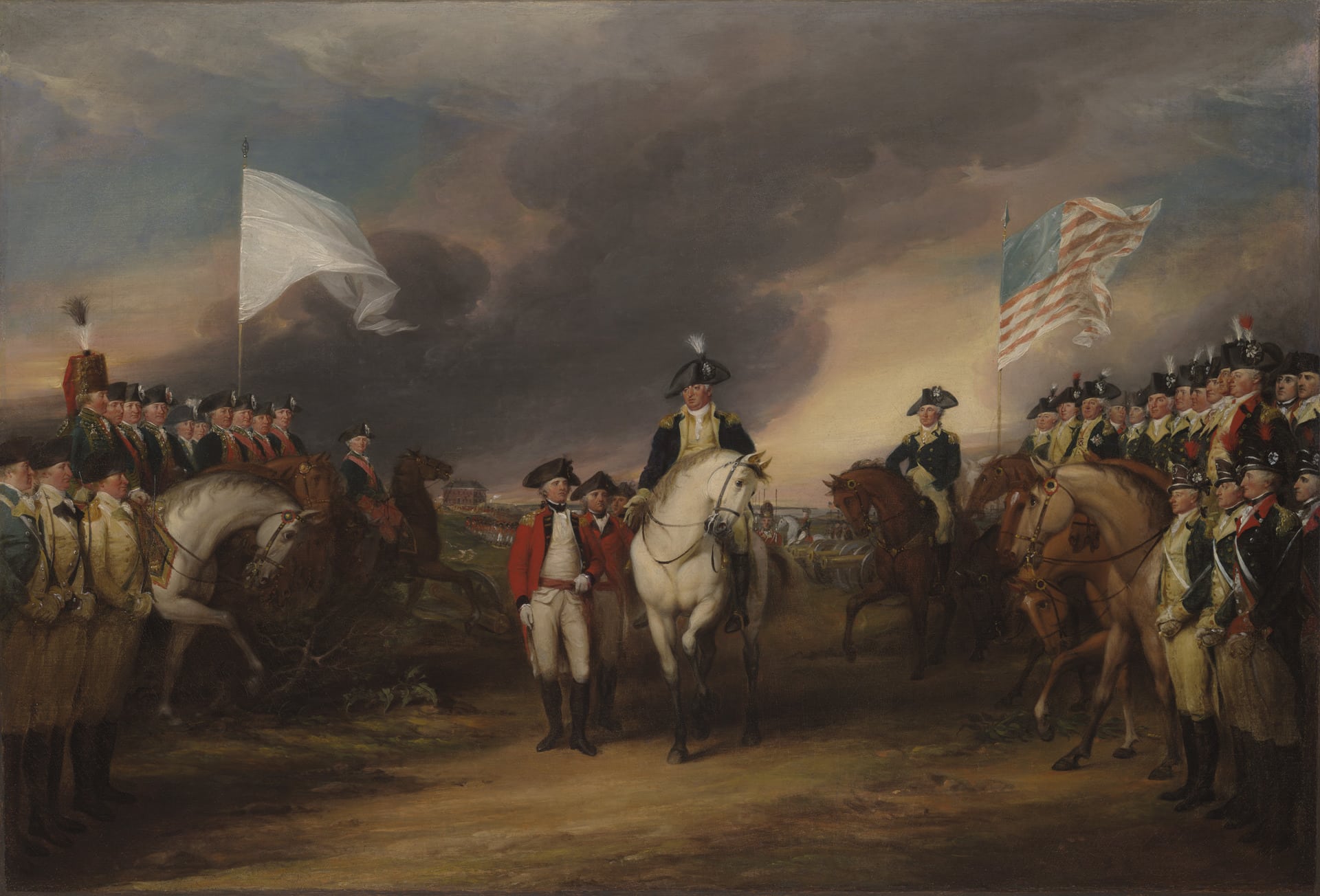Libertarians are quick to support revolutions, especially the American Revolution, as popular uprisings against a tyrannical regime. It is a narrative that allows one to believe that certain political movements are on the “right side of history.” They are often rare and can be appropriate responses to improper behavior by the state, but make no mistake, revolutions are not “popular.”
Revolutions do not just occur anytime a state behaves in a tyrannical or authoritarian way towards its populace. If this was the case, revolts would be happening essentially every day. Plenty of authoritarian regimes exist today and continually exploit and oppress their people with policies that can only be described as tyrannical.
To use a modern example, let’s look at the Philippines and the Duterte regime. The government has launched a “War on Drugs” that outshines the United States in its brutality and expansion of state power that includes death squads who execute those in violation of drug laws and the falsification of evidence. Yet no violent revolution on the part of the people has happened against the regime. Rodrigo Duerete has continued to receive popular support with an astounding 91% approval rating, something most western liberal democratic leaders can only dream of.
How is it that authoritarian leaders remain so popular despite their draconian policies? Why would the people continue to obey such a regime? It is not as if they see the desired ends that the leaders promise. In the case of Duerete, the enforcement measures have failed and seen a decrease in rehabilitation and insignificant decreases in drug usages.
The reason that such a regime stays in power is indicative of the problem of revolution and the lack of a deciding factor in whether one is successful or happens at all. Foreign powers create revolutions through the funding, arming, and/or direct military support of anti-government forces.
This can be demonstrated using the first example that began the post-Enlightenment Age of Revolution, the American Revolution. While there is much to be thankful for in the American Revolution, it is an undeniable reality that it would not have been possible without the aid of foreign governments, specifically the French.
At no point did the American Revolutionary even get a popular mandate, with peak support for the revolutionaries being around 45% at the end of the war. More so, at least a third of colonists were supporters and/or fighting for the British. This caused the revolutionary forces to lack manpower and financial support that would make them a match for the British Empire, one of the most powerful states in history, especially in an age of warfare that was mostly a numbers game.
This led to the need for foreign support and the French were more than happy to oblige. The French were integral in supplying and providing troops to the American Revolutionary efforts and even were critical in the success of several major victories. A lack of French support would have meant suppression and/or compromise of the revolutionaries to keep the American colonies under the rule of the British.
The French benefited and wanted to assist an American victory as a way of hurting the British’s power and influence after suffering the loss to their own in the French and Indian War that preceded the American Revolution and in many ways was the cause of it.
It was effective to some degree until the British retaliated, setting the precedent for the use of revolution by foreign actors as a tool for weakening enemy states. In this case their response was the French Revolution, a reaction to France’s attempt to enable a revolution within Britain itself.
This laid the groundwork for the Age of Revolutions, which could accurately be described as various colonial powers inspiring revolts in their adversaries’ colonies. While the era is marked by historians as a phenomenon that lasted between the late eighteenth and mid-nineteenth centuries, it would give way to a period whose heart was a metaphorical chess game of revolutions between two powers who were ironically created through foreign-funded revolutions themselves.
I’m referring to the Cold War, a “War of Revolutions,” fought by two revolutionary states, the United States and the Soviet Union, whose latter revolution was empowered by Kaiser Wilhelm II to hurt the Allies in World War I. From the Korean War to the Soviet invasion of Afghanistan, you will see either the United States or USSR behind the scenes in the success or failure of revolutionary efforts against regimes, independent of the popularity of the revolution, a factor which was in constant flux in the many countries experiencing them.
Let’s use Iran as an example, unique in both process and outcome. Iran had two different revolutions, the first being a CIA-backed coup against a Soviet-friendly government and the second being a mixture of a Soviet-backed group and varous American-backed groups which attempted to co-opt the movement against the originally American-installed monarch. In the end a government that was neither pro-Soviet nor pro-American rose to the top, harming the influence of both powers to this very day.
The tradition of revolutionary forces being a tool of foreign powers to hurt enemy states defined the warfare of the Cold War and continues in the American foreign policy of the twenty-first century. Afghanistan today emulates the Afghanistan of the Cold War as it relates to the critical role foreign powers play in the success of revolutions.
Revolutions are not a tool of liberty or the popular will of native people, but a tool of foreign governments to establish power and diminish an enemy state’s power. Revolutions are more beneficial and usable as a foreign policy tactic rather than a domestic one. Any revolutionary efforts in modern America would necessitate a reliance on America’s foreign adversaries to aid and abet the endeavor, none of which are friendly to liberty or libertarian ideas.







